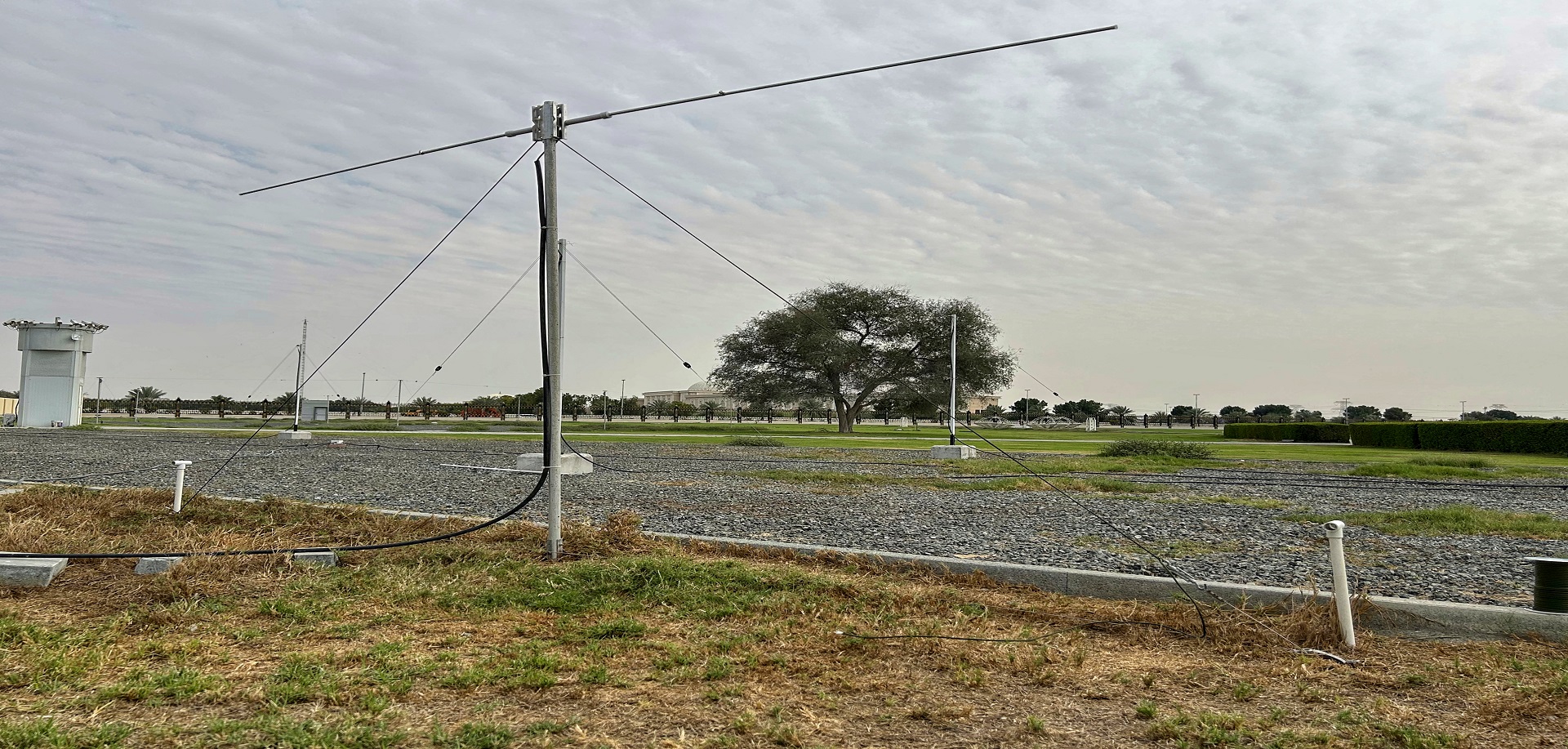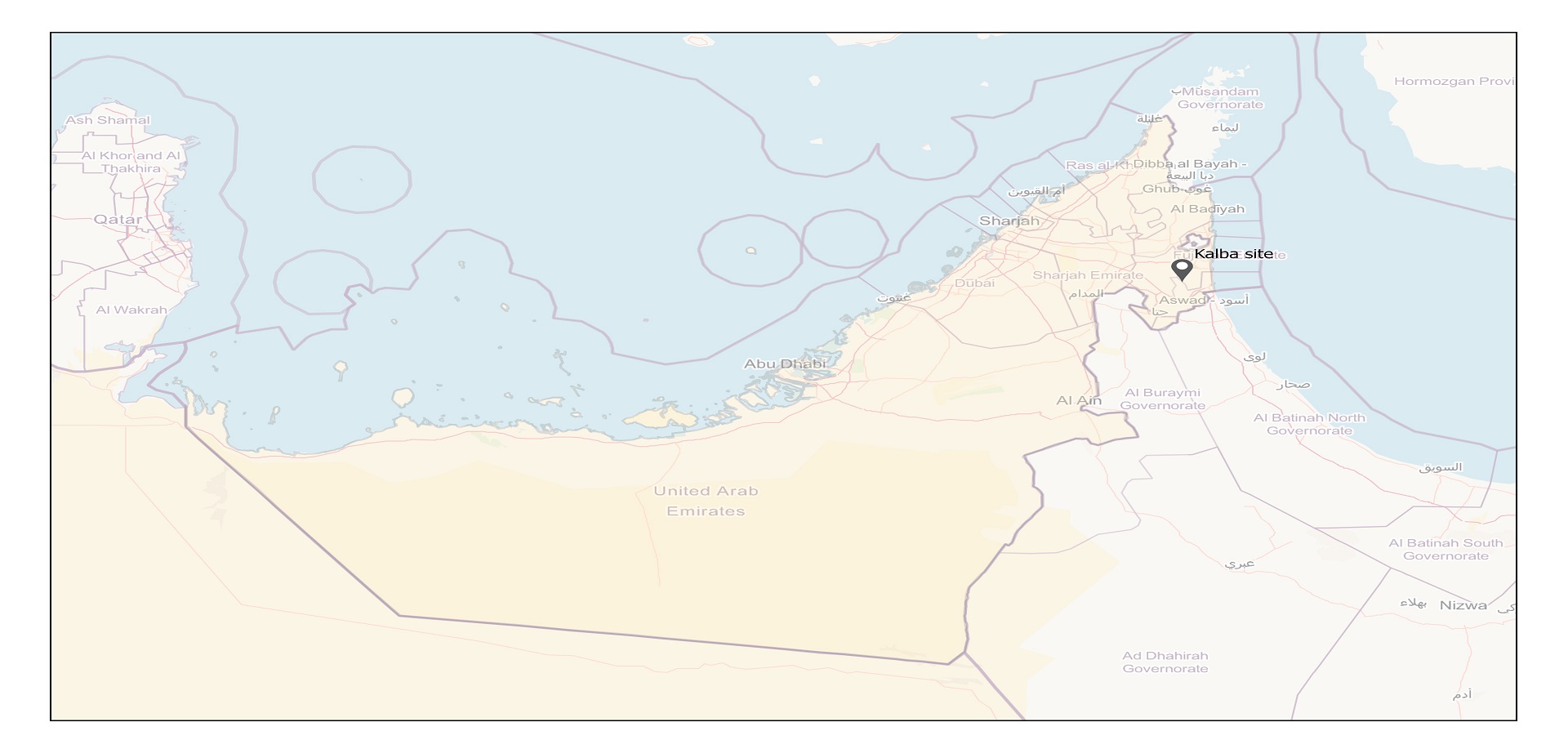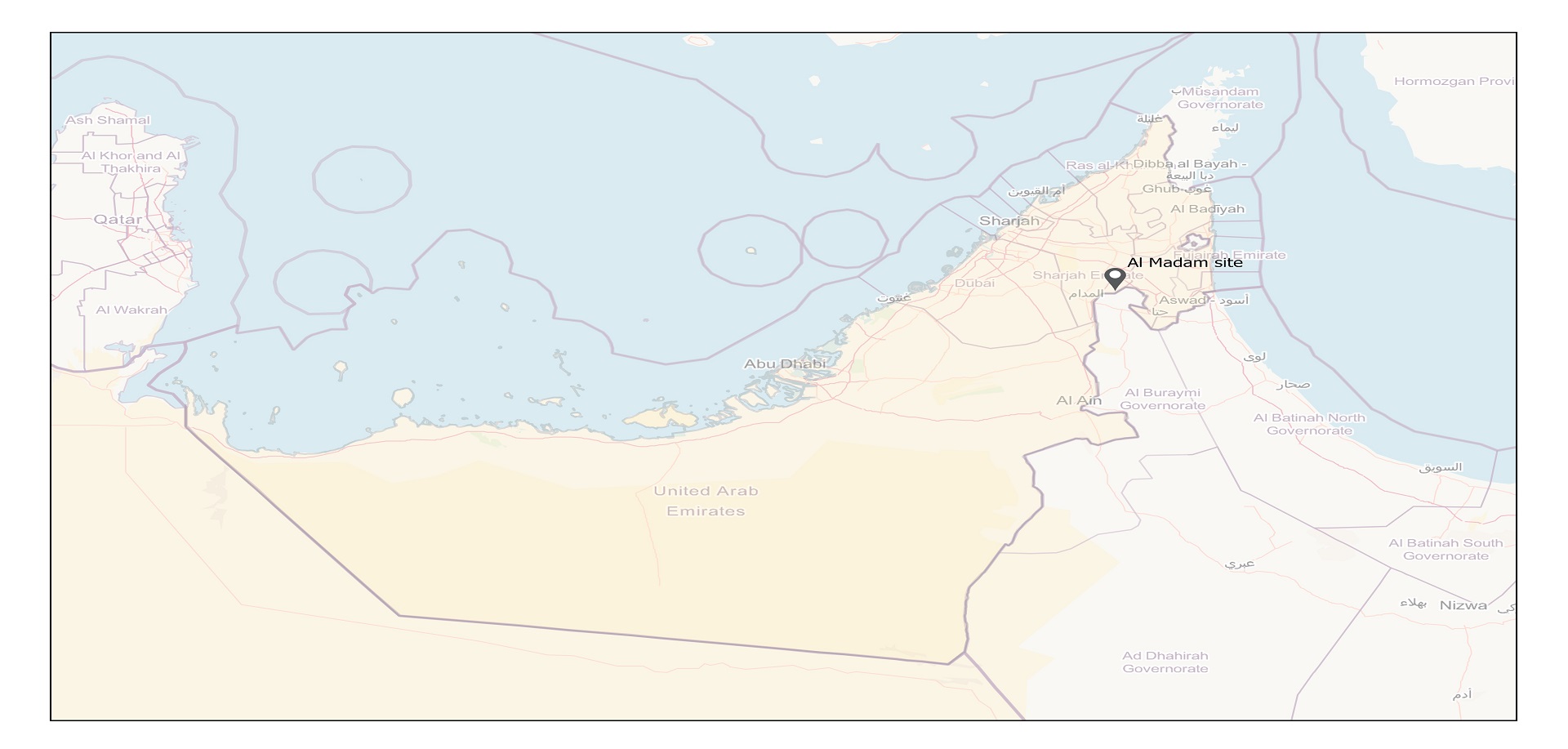
Overview
The Astronomical Observatories Department strives to consistently achieve the highest levels of accuracy and effectiveness in observing and studying astronomical phenomena, by providing cutting-edge astronomical observation instruments and using advanced data analysis techniques. It also enhances scientific research and collaboration in this field by supporting researchers and providing a suitable setting for astronomical research. In addition, it aims to spread public awareness of the importance of astronomy and engage the youth to develop an interest and participate actively in this field.
It also focuses on supporting educational, research, and training activities in astronomical observations for undergraduate and graduate students and researchers, to build a strong knowledge base and qualify specialized human resources in this vital field.
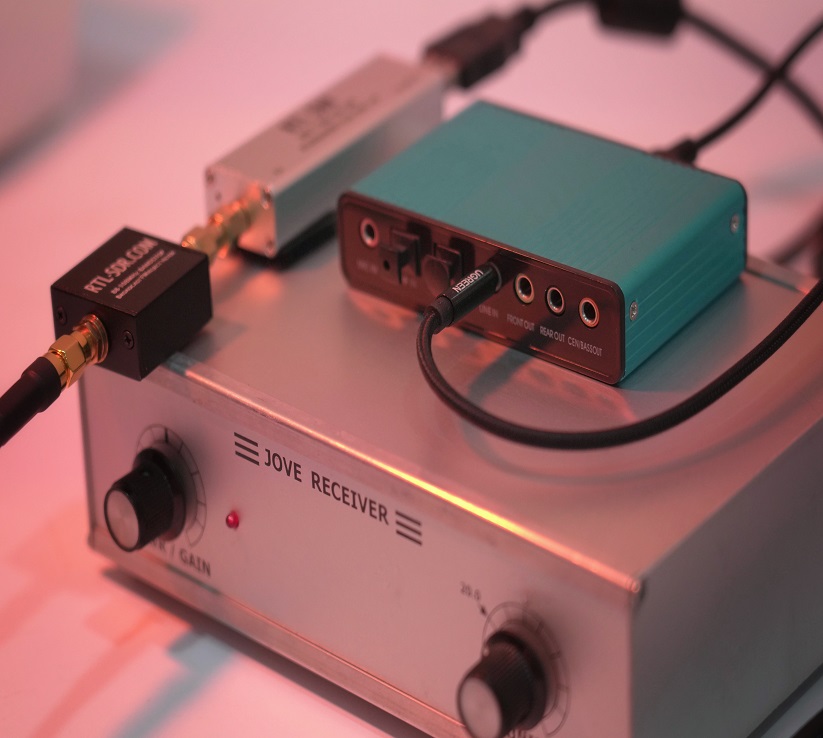
Objectives
- Advance the academy’s scientific and educational mission in both optical and radio astronomy by enabling high-precision observational research. This is achieved through the use of state-of-the-art telescopic systems and advanced data processing and analytical methodologies that ensure scientific integrity and accuracy in the study of celestial objects and phenomena.
- Build local capacity by providing hands-on training for students and researchers in modern observational astronomy, equipping them with the knowledge and technical competencies required to contribute meaningfully to the advancement of space sciences and astronomy.
- Strengthen scientific research and academic collaboration by fostering a supportive environment for astronomical observation programs, while facilitating both in-house projects and strategic partnerships with leading national and international institutions.
- Develop a national reference platform by ensuring the timely documentation, analysis, and public dissemination of major astronomical events and findings, thereby supporting national knowledge production, strategic planning, and regional scientific excellence.
- Promote public awareness and educational engagement in astronomy through structured outreach initiatives, observation nights, and inclusive programs that inspire youth, stimulate curiosity, and foster broader community involvement in space science and astronomy.
Research Projects
.jpeg)
Orbital and Physical Characterization of Celestial Objects
Integrated optical techniques are used to study asteroids (esp. NEAs) and satellites, deriving orbital parameters and physical properties to advance science and support SDA/SST.
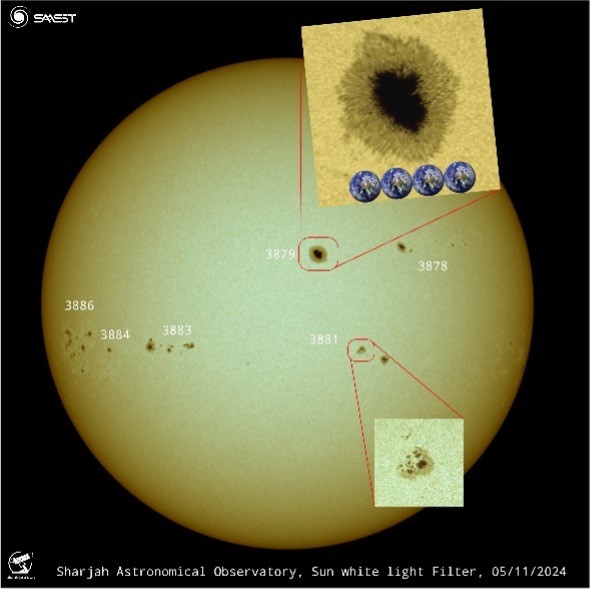
Solar Activity Monitoring and Analysis
Optical (H-alpha, white light) and radio observations track solar activity (sunspots, flares, CMEs, radio bursts), supporting heliophysics and solar-terrestrial forecasting.
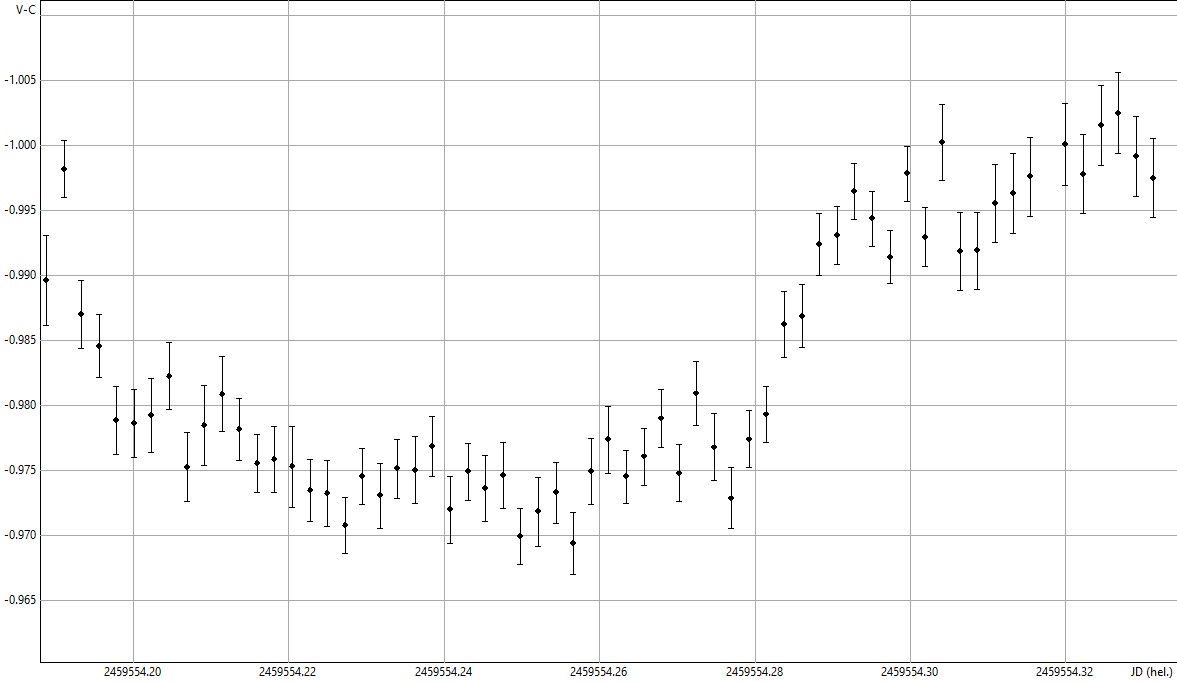
Time-Domain Astronomy
Photometric monitoring of transient phenomena (exoplanet transits, novae, supernovae) reveals stellar evolution, planetary system structures, and energetic processes
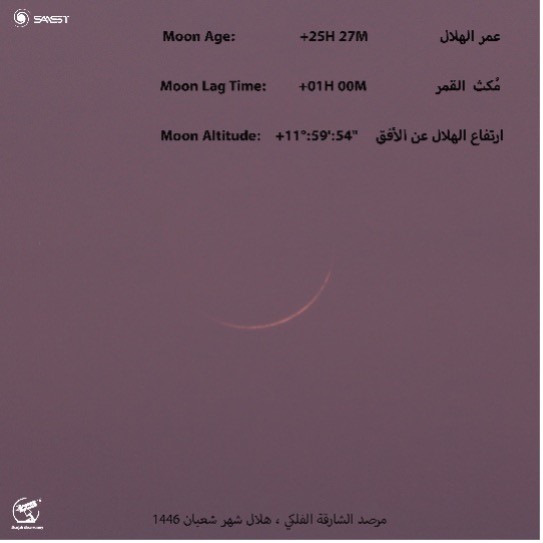
Lunar Observations
Systematic crescent monitoring to support the Hijri calendar, plus detection of lunar impact flashes to assess meteoroid flux and hazards for future exploration
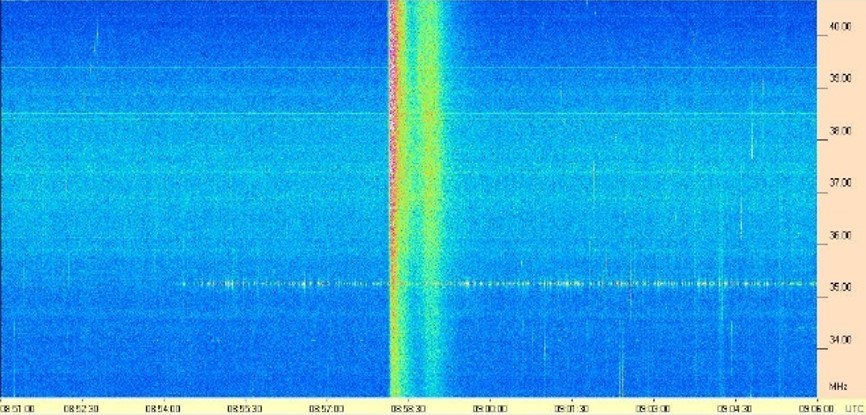
Radio Signal Anomaly Detection
Studies ionospheric effects on HF radio signals, developing predictive models and alert systems to secure communications and navigation under solar-terrestrial conditions
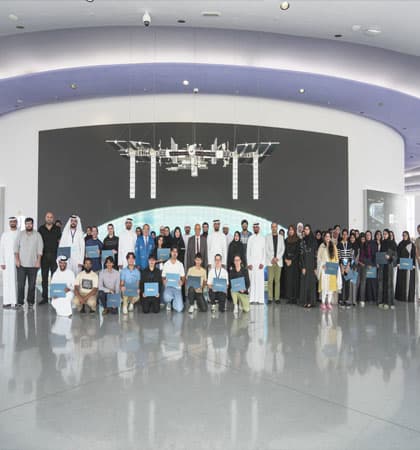
Internships
Career-building experiences for students, offering the opportunity to work on real astronomy projects.
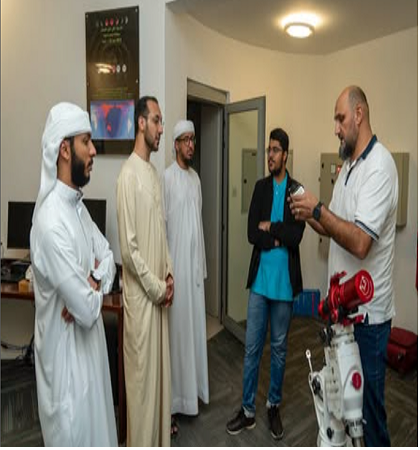
Hands-on Opportunities
Practical experience enabling to conduct observations and apply theoretical knowledge.
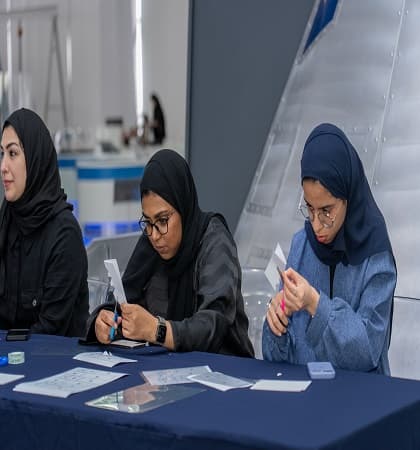
Workshops
Interactive sessions covering diverse topics such as asteroids tracking, light pollution, and more.
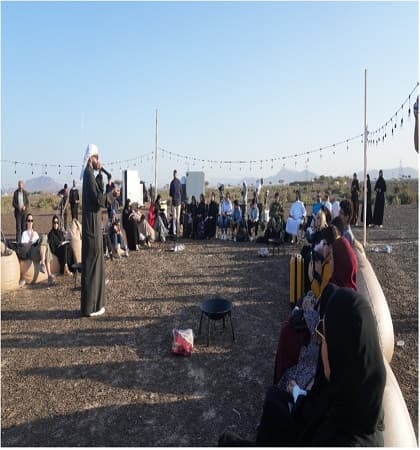
Community Engagement
Inviting the public to stargazing trips, lectures, open house events, and collaborative astronomy programs.


